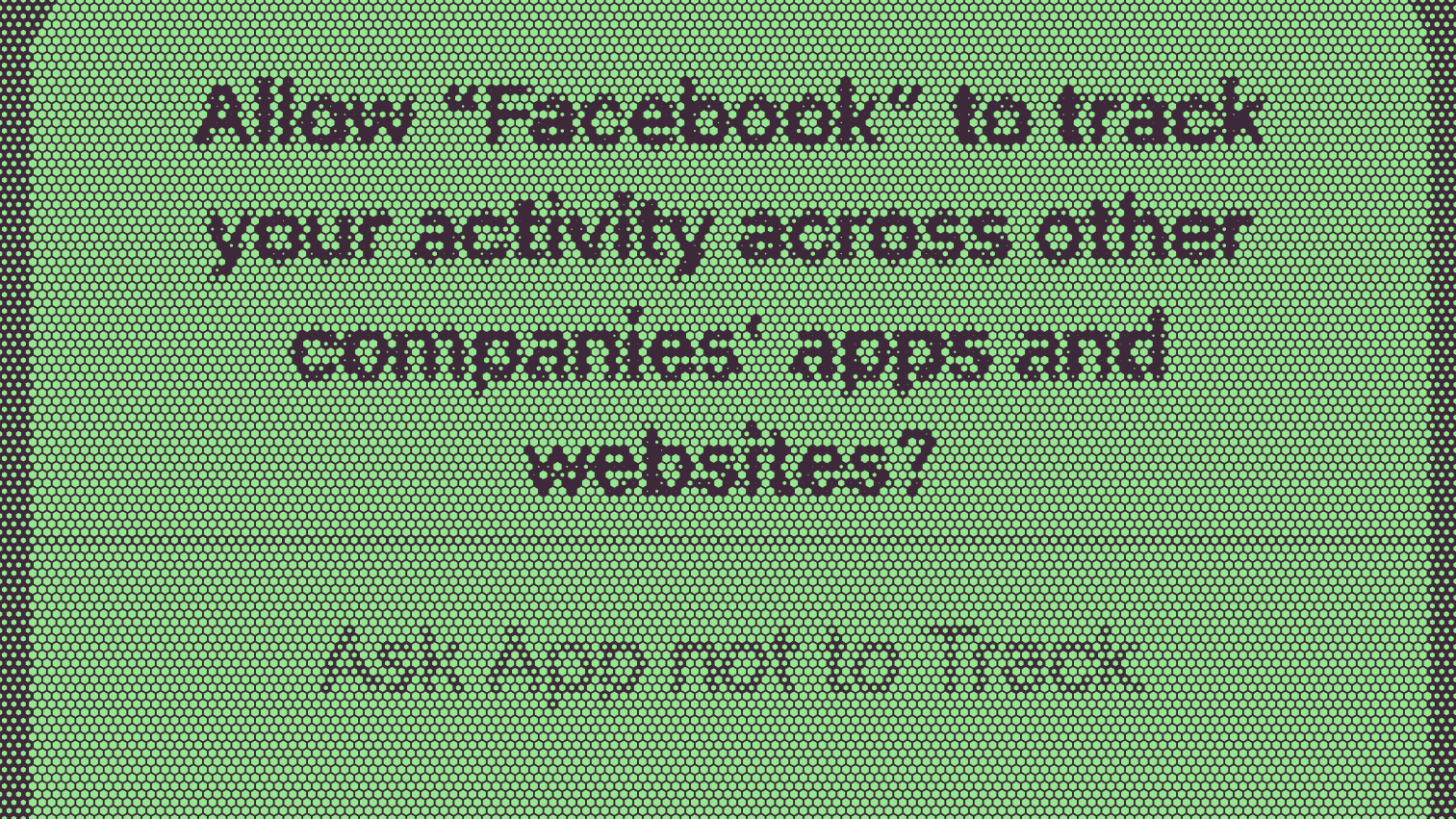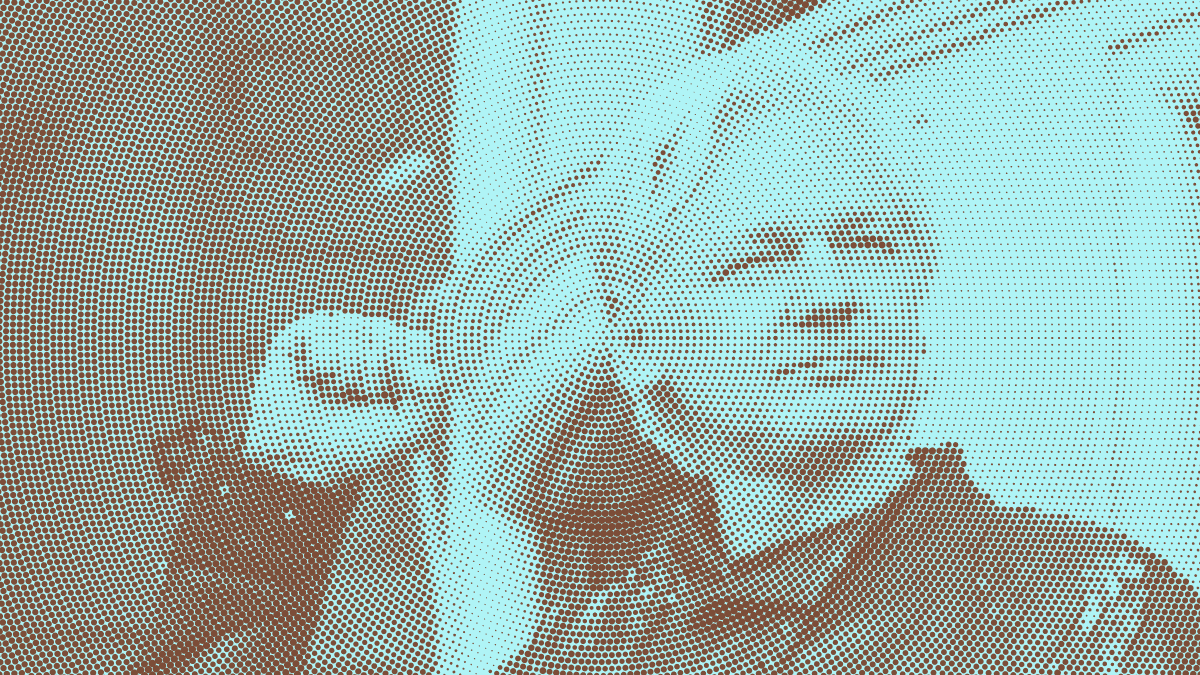The podcast returns with more coverage of The Twitter Files. On this episode, I am discussing how the US government used the FBI to exert censorship control over Twitter and many other tech companies to reinforce government narratives and silence critics.
The Twitter Files show us how cynical the US government tried, and often succeed, to shape how we perceive reality. But they also show those of us that weren't buying the propaganda that they aren't slowly going insane.
Facebook just made a mockery of the fight against hate speech by admitting that it's okay if you call for the murder of people the political mainstream doesn't like. It's only hate speech if you want to murder the wrong people. What the actual fuck.
What we've been suspecting all along has now been proven correct: Apple's app anti-tracking feature in iOS does precisely nothing to effectively protect your privacy. In fact, it makes things worse. And Apple probably knew this was the case, too.
Examining the contemporary forces arrayed against those speaking what they perceive of as the truth, be it Julian Assange or that random dude on Facebook.
What's more in your interest? Stopping Facebook from leeching off the private data of your life to further its monopoly or forcing it to censor your speech? And now take a guess which of the two politicians want to do and journalists are ecstatic about?
What happens when our media consumption is so fear-inducing that we let companies regulate our social connections? A culture of digital snitching develops that gives companies knowledge that previously only authoritarian governments possessed.
Should you leave WhatsApp because it is sending data to Facebook? And what about Matrix? Does a federated protocol actually have a chance to replace messengers like WhatsApp?
After an angry mob stormed the US Capitol last week, Twitter and other social media companies embarked on an unprecedented power grab for control of the public's opinion.
The European Court of Justice has declared that the current measures for the exchange of private data between the EU and the US do not satisfy the data protection rights of EU citizens and are therefore illegal.









